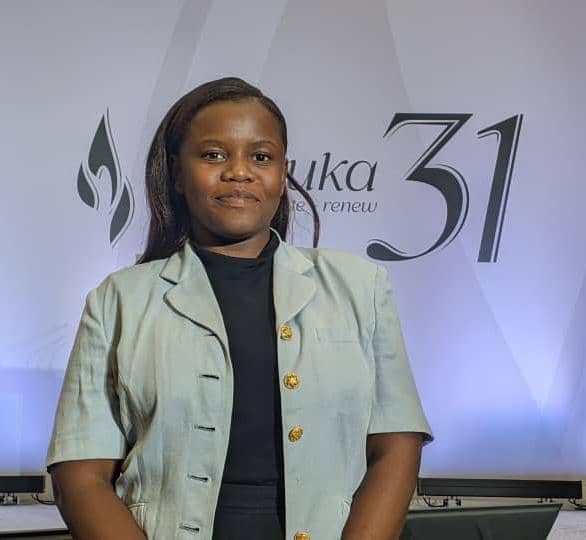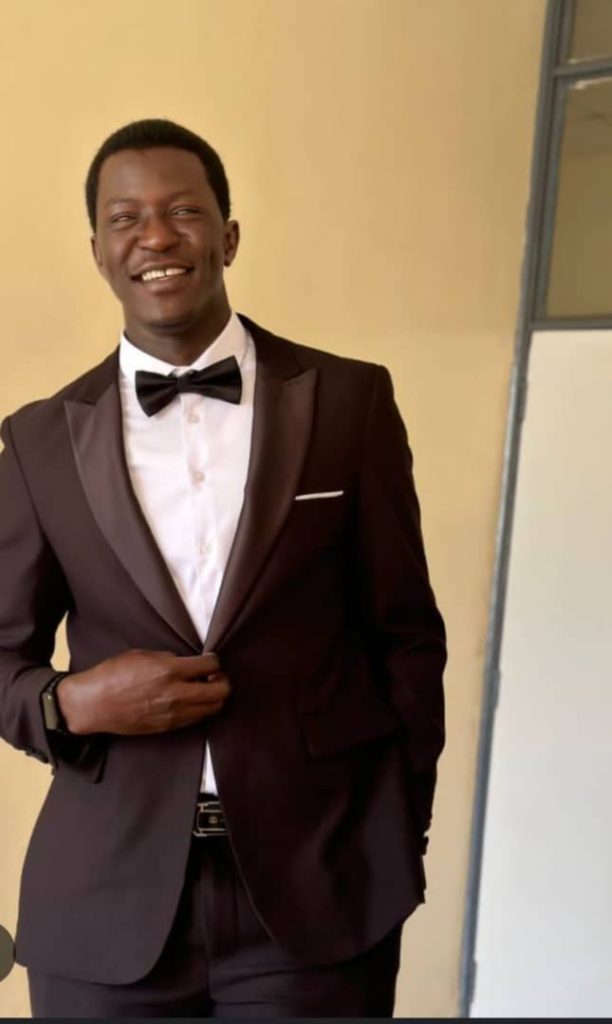Starting on 7th April, the world joined Rwanda in commemorating the 31st anniversary of the 1994 Genocide against the Tutsi. This solemn occasion serves not only to honour the memory of over a million victims but also to inspire a global commitment to stand firmly against any form of genocidal ideology that could lead to similar atrocities.
In his message to mark the day, UN Secretary-General António Guterres reminded the world of this horrific event’s deep-rooted causes and enduring lessons.
“This was not a spontaneous frenzy of horrendous violence. It was intentional. It was premeditated. It was planned… including through the hate speech that inflamed division, spread lies, and enabled dehumanisation,” Guterres stated.
“This terrible period of Rwanda’s history reminds us that no society is immune from hate and horror. As we reflect on how these crimes came about, we must also examine the threats in our times: division, hate speech, and digital misinformation spreading at an alarming speed.”
He stressed the urgency of stopping genocide denial and the spread of hate online, emphasizing that prevention begins with awareness, unity, and accountability.
“Across the internet, we see an alarming array of racism, misogyny, and genocide denial. We must stem the tide of hate speech and stop division and discontent from mutating into violence,” Guterres added.
“The United Nations, founded in the aftermath of genocide, stands with all countries in these efforts. We recommit to the purposes and principles on which we were founded: the equality, dignity, and worth of every member of our human family.”
At Mount Kigali University (MKU), international students joined the commemoration by stepping forward as passionate advocates for truth, unity, and lasting peace. Recognising the power and influence of digital platforms, they pledged to combat genocide ideology and denial, particularly on social media, where misinformation can spread rapidly and dangerously.
In interviews with MKU Magazine, students who have joined the university from across African countries reflected on the lessons they have drawn from Rwanda’s story of loss, healing, and reconciliation and the role they believe youth must play in ensuring “Never Again” becomes a reality. The following excerpts have been edited for conciseness and brevity.
Pearl Sithatshisiwe Sibanda
MKU’s Minister of International Student Affairs, Zimbabwe

Rwanda’s journey offers powerful lessons, particularly for youth in countries still experiencing conflict. We must become peace ambassadors.
Beyond learning about Rwanda’s reconciliation efforts like the Gacaca Courts, I’m inspired by the country’s resilience its economic growth, gender equality, healthcare, digital innovation, and the high-quality education that attracted us here, all achieved despite a painful history.
Siama Chan Deng
Mass Media and Communication student, South Sudan
Learning from Rwanda’s past has profoundly affected my understanding of forgiveness, unity, and rebuilding. I passionately believe that African youth possess the power and knowledge to champion peace and actively fight against hate.
The Genocide against the Tutsi teaches us to stand firm for peace, reject violence, and contribute to our countries’ development through education, innovation, and unity. We must also speak out against hate and collaborate across all backgrounds.
Yorick Kambere Mulemberi
Mass Media and Communication student, Democratic Republic of Congo
We, the young generation, are the future of our countries. Understanding the past shows us the value of peace, unity, and reconciliation. This knowledge empowers us to make informed decisions that drive sustainable development and prevent history from repeating itself.
Abraham Famanou
Business and Economics student, Chad

Rwanda has taught me that remembering the past is not about staying in pain but about learning and growing. Healing is possible through honesty, effort, and compassion. Youth must be at the forefront of peacebuilding, both online and offline.



